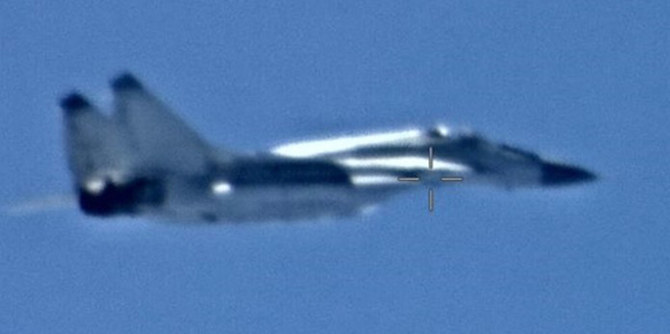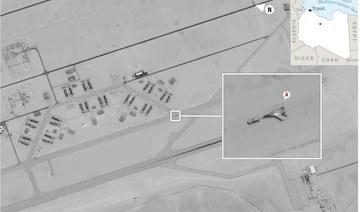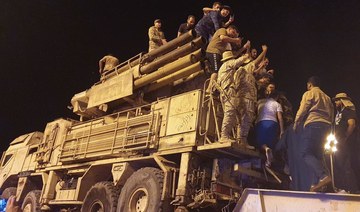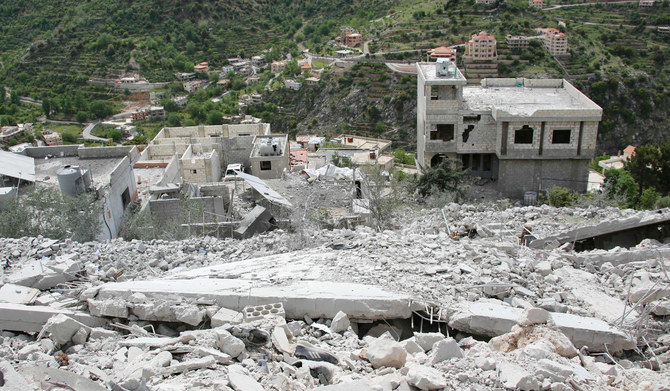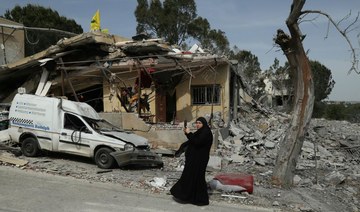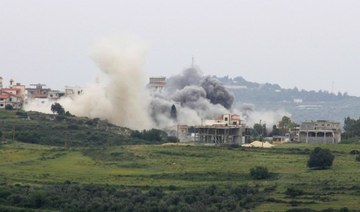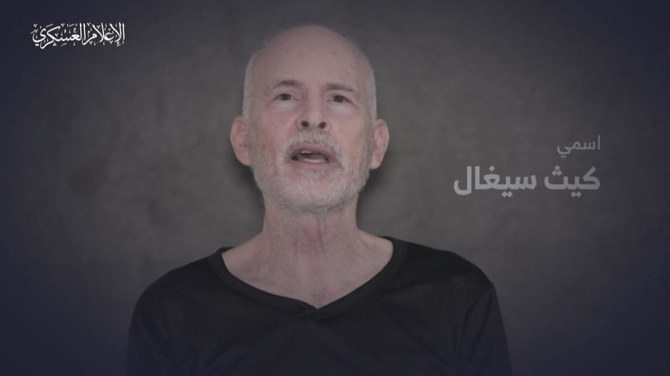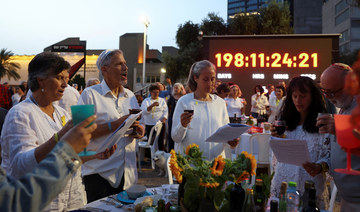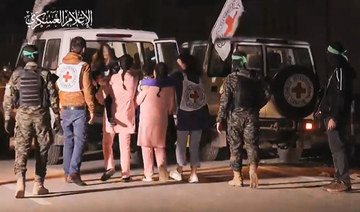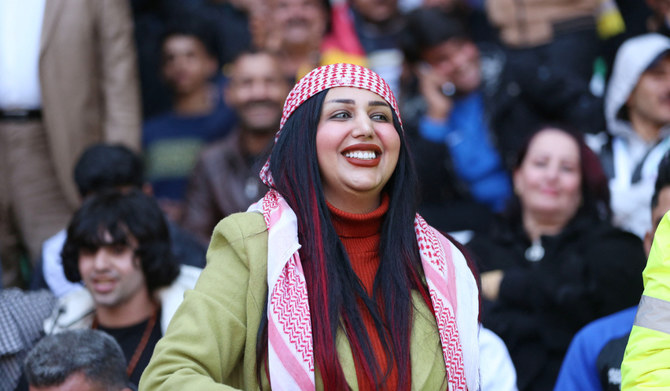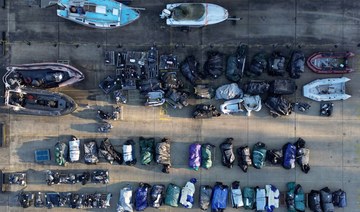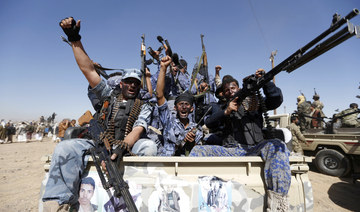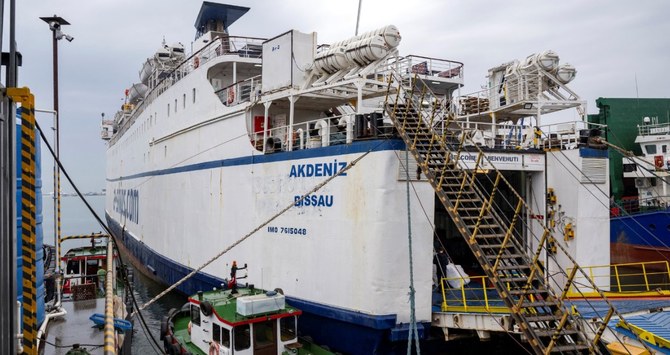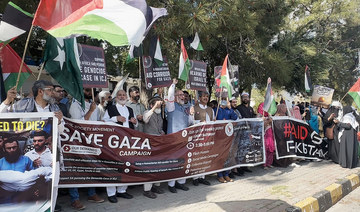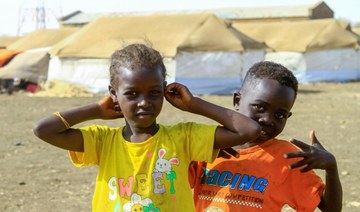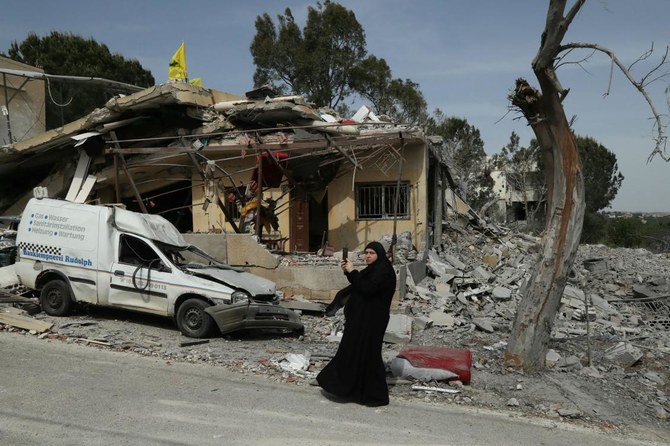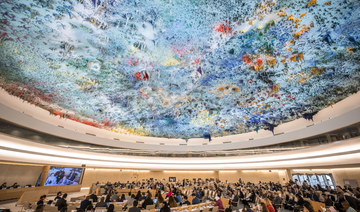JEDDAH: Russia’s deployment of fighter aircraft to Libya to support mercenaries backing eastern strongman Gen. Khalifa Haftar on Thursday ratcheted up the threat of a confrontation between Ankara and Moscow, experts warned.
In a statement, the US military’s Africa Command said: “US Africa Command assesses that Moscow recently deployed military fighter aircraft to Libya in order to support Russian state-sponsored private military contractors operating on the ground there.”
The warplanes had been painted “to camouflage their Russian origin,” the statement added.
Despite Moscow’s dismissal of claims about its role in the presence of Russian mercenaries in Libya, University of Oxford researcher Samuel Ramani said that new revelations about Russia deploying MiG-29 fighter jets to Libya could create tensions with Turkey.
“Russian jets are being deployed in order to stem the tide of Turkey’s military offensive, which has combined the use of ground force proxies and air force personnel in a hybrid warfare-style fashion. There is also the heightened risk of an accidental aerial conflict between Russia and Turkey,” he told Arab News.
The UN said on Wednesday it was following the developments “with great concern” and highlighted the possible “devastating consequences” of any breaches of an arms embargo imposed on Libya.
Turkey supports Syrian rebels and Libya’s Government of National Accord, while Russia backs Syria’s President Bashar Assad and the Libyan forces of Haftar.
In recent months, there have been steps for rapprochement between Assad and Haftar whose common enemy is still Turkey. Haftar decided to reopen the Libyan Embassy in the Syrian capital Damascus which had been closed for eight years, while flights resumed recently between Damascus and the Libyan city of Benghazi under Haftar’s domain.
However, Ramani pointed out that the long-term impact on Russia-Turkey relations was more unclear.
“Russia is reportedly scaling back its Wagner Group mercenary presence in Libya and replacing those forces with fighter jets, and it is unclear whether this will do more than stall Turkey’s advance, while Moscow pushes for a diplomatic settlement,” he said.
He noted the timing of the reports, which had come on the same day of a meeting between Russian Foreign Minister Sergei Lavrov and Libya’s House of Representatives’ (HOR) head Aguila Saleh.
Ramani added that Turkey was unlikely to change its conduct in Libya much, in response to Russia’s new developments, but would be more vigilant if Russia’s air war expanded, and the Russian S-400 defense system deal would likely remain in place.
“The only way the S-400 deal could collapse is if the US were to intervene in a material fashion that benefits Turkey and hurts Russia, which is a near-impossibility at present, due to (the coronavirus disease) COVID-19 pandemic,” he said.
Turkey was set to activate the S-400 missile defense system in April and risked harsh sanctions from Washington for the move. However, the target date was postponed officially due to the COVID-19 outbreak that changed national priorities.
But Turkish rulers still insist on using the Russian system, although it is unclear how the diverging moves in Libya recently would impact on their resolve.
In an interview with FRANCE 24 on May 25, Ibrahim Kalin, the spokesman for Turkish President Recep Tayyip Erdogan, said although Turkey had delayed the activation of the system due to the pandemic, the government was still planning to operate it.
Kalin also hinted that if the US were willing to send Patriot missiles to Turkey, Erdogan would be ready to listen to the offer.
Seth Frantzman, Middle East security analyst and executive director of the Middle East Center for Reporting and Analysis, said the Russian move meant to balance Ankara’s role in Libya and to make up for the losses in the Russian-made Pantsir air defense system and show Russia’s strength.
“It’s a bargaining chip related to Syria. Russia wants to show a strong hand in Libya to drive concessions in Syria’s rebel-held Idlib province, likely through a new regime offensive to illustrate that Russia is not abandoning its partners in Libya and that it is willing to symbolically commit air force assets very publicly,” he told Arab News.
Frantzman pointed out that while both Turkey and Russia worked together, they were also jockeying for popularity and influence in the region.
The UN said on Wednesday it was “following with great concern” claims that Russia sent jets to Libya.
The UN secretary-general’s spokesman, Stephane Dujarric, said that, if proven, it would “constitute a flagrant violation of the arms embargo” imposed on Libya in 2011.
Without mentioning Russia, Dujarric said: “Reports of violations have increased significantly in the past few weeks, with reported near-daily transfers by air, land and sea.
“This increase in the violations of the arms embargo will only lead to the intensification of the fighting, which will result in devastating consequences for the Libyan people.”



